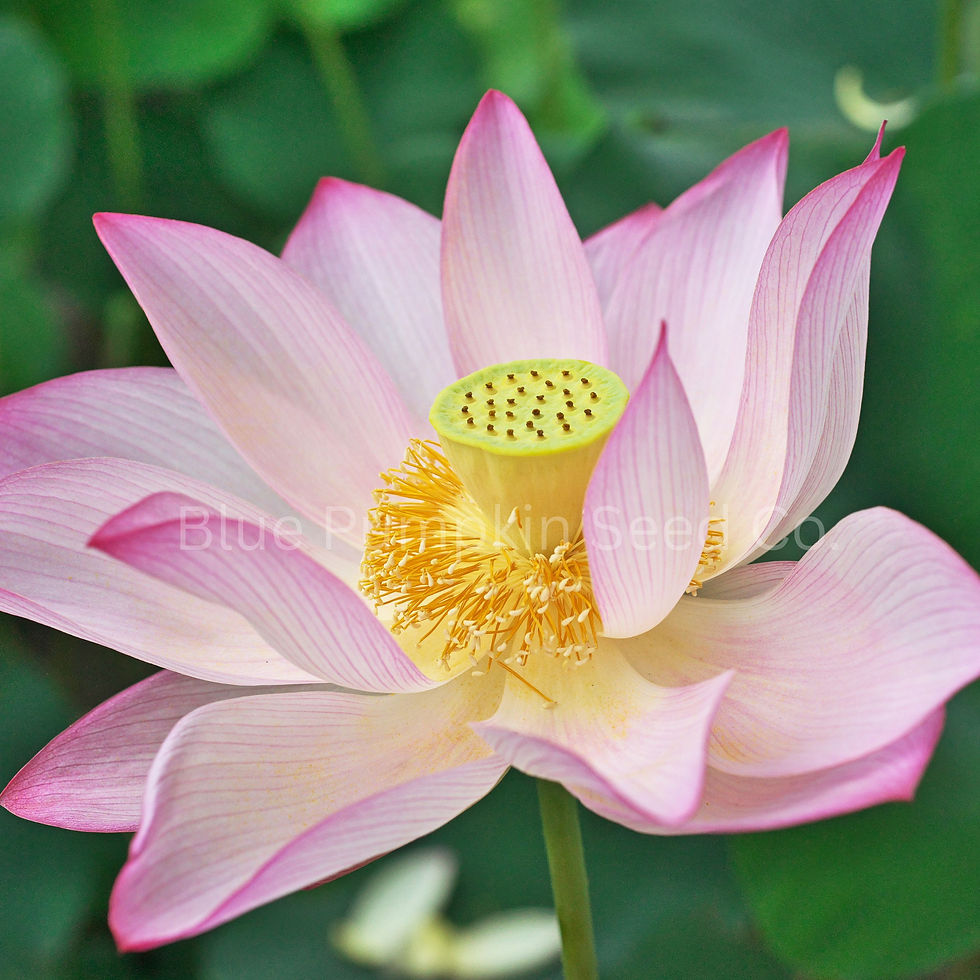Sweet Pea Royalty seed mix
How pretty are these?!? The sweet pea plant was first discovered in southern Italy and the Aegean islands. Botanically speaking, these are part of the legume family but they are grown for their stunning blossoms. These are not edible and should be grown for ornamental purposes only.
This mix of seeds will produce climbing pea vines that will range between 3.5 ft.-7ft. tall, growing conditions permitting. You will not only get to experience a stunning palate of reds, pinks, whites, purples, fuchsias, and lavender blooms, but also their captivating strong fragrance.
These will climb up whatever you plant them at the base of a chainlink fence, a trellis, an arbor, or even string will serve as a perfect vessel to let these guys climb. Although these add an enormous amount of beauty to the garden as well as attracting pollinators, they are considered toxic and should only be grown to appreciate their beauty and fragrance. Lower foliage can be pruned as a safety measure if you see fit.
Seed count: 25
Lathyrus odoratus































